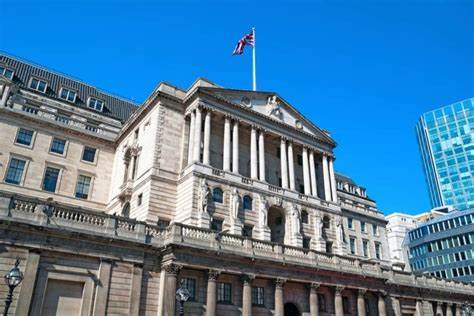Following the Bank of England's interest rates decision, the Chancellor of the Exchequer Jeremy Hunt said: “Inflation is falling, wages are rising and the economy is growing.
“The UK has been far more resilient than many expected, but the best way to deliver prosperity is through sustainable growth. The Autumn Statement will set out how we will boost economic growth by unlocking private investment, getting more Brits back to work, and delivering a more productive British state.”
Policy Director at My Pension Expert, Lily Megson, said: “The decision is but a brief respite for borrowers; the status quo falls far short of meeting consumer expectations for a stable financial landscape.
“Inflation continues to bulldoze consumer's purchasing power and savings. Meanwhile, ongoing discussions about the triple lock and broader economic uncertainties have left many in retirement planning feeling apprehensive.
“And as we approach the holiday season, the pressure to manage finances intensifies. High interest and inflation may prompt some to rethink their holiday spending plans, while others might feel they have no choice but to take on debt.
“Before making potentially risky financial decisions, it’s vital to recognise the value of seeking independent financial advice. In times of economic uncertainty, sound guidance can help people navigate financial complexities and make better-informed decisions to secure a positive financial future.”
Andy Mielczarek, Founder and CEO of SmartSave, a Chetwood Financial company, said: “The deciding factor in the interest rate decision is the floating spectre of recession – a prospect dreaded by economists and consumers alike.
“There are reasons for optimism, such as falling shop price inflation, but the Bank of England can only hope that holding the rate steady will ward off further decline. UK inflation remains the highest among the world’s rich economies, and while recent hikes may have curbed this regrettable trend, the impact on savers is considerable.
“Higher interest rates are intended to do more than combat inflation – they are supposed to protect Britons’ savings from losing too much of their real-term value. However, failure on the part of high-street banks to pass higher rates to consumers has left Britons worse off than they might have been.
“While the big banks are gradually catching up to the higher rates set by the central bank, the onus remains on savers to be savvy and keep their eyes peeled for the best returns if they want to protect their nest eggs. Although rates have held firm this week, Britons must act quickly to protect their savings before recent hikes are reversed and the high street swiftly follows suit.”












